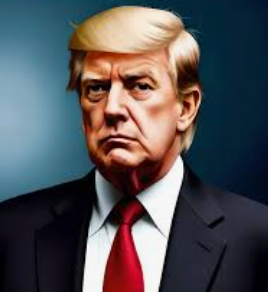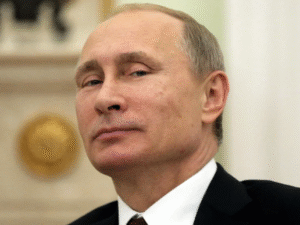$SPY $MBS $USO
#Trump #SaudiArabia #Investment #USMarket #Infrastructure #Finance #Energy #USSaudiRelations #Economy #ForeignInvestment #WealthManagement #MarketNews
President Donald Trump recently expressed optimism about Saudi Arabia’s commitment to significantly increase its financial investments in the United States. While the Gulf nation has already pledged $600 billion in investment over the next four years, Trump suggested this figure could and should be escalated to $1 trillion. This bold statement reflects the former president’s broader focus on bolstering U.S.-Saudi relations to enhance economic growth and inject capital into critical infrastructure, energy, and technology sectors. The prospect of such a significant influx of foreign investment carries both short- and long-term implications for U.S. markets, especially in industries tied to these sectors, including real estate, renewable energy, and defense.
From a market perspective, Saudi Arabia’s proposed investment underscores its strategic ambitions to diversify global holdings, reduce reliance on volatile oil revenues, and strengthen geopolitical relationships with major economic blocs like the U.S. For American markets, this commitment could serve as a significant tailwind, potentially spurring job creation, infrastructure expansion, and corporate earnings growth. Sectors such as construction, utilities, and technology are likely to feel positive ripple effects as capital inflows drive demand for services and innovation. Such developments could also have financial markets revisiting indices with exposure to relevant sectors—for instance, $SPY, given its broad U.S. equity exposure, or $USO, as crude oil underpins much of Saudi Arabia’s wealth.
Analysts have noted, however, that while the scale of Saudi investment promises to bring benefits, there are potential risks. One such consideration is how an influx of foreign capital might impact the balance of economic power in sensitive industries, particularly energy and defense, where national security concerns often play a role. Additionally, the effects of increased investment could trigger inflationary pressures if the funds disproportionately drive demand in an already robust economy. In terms of individual stock performance, companies with direct links to energy or infrastructure projects supported by these investments could benefit, but wider market effects, such as shifts in bond yields or changes to the dollar, merit careful observation.
Broader geopolitical implications cannot be overlooked either. This intensification of U.S.-Saudi relations comes at a time when the global economy is navigating shifting alliances, economic slowdowns in key regions, and heightened geopolitical tensions, such as the West’s focus on countering China’s expanding economic influence. As these dynamics play out, Saudi Arabia’s financial bets on the United States could be seen as a reinforcing factor in partnership-building while raising questions about whether other nations might follow suit. If successfully executed, this play by Saudi Arabia could strengthen its fiscal portfolio while simultaneously supporting a more interconnected global investment framework. For U.S. markets, the narrative of continued foreign confidence may serve as a bullish indicator, even amidst broader uncertainty.







Comments are closed.